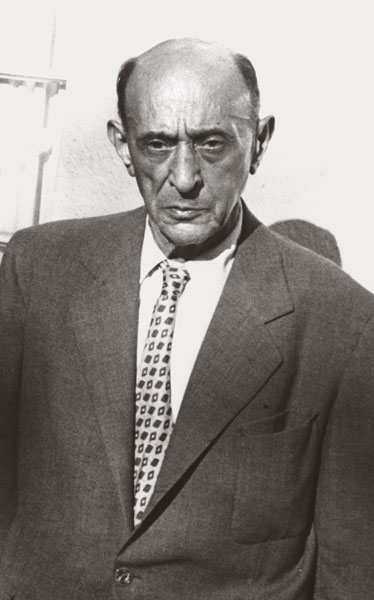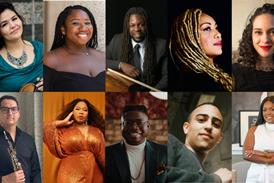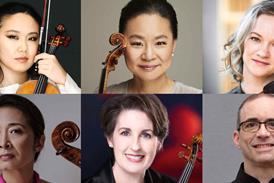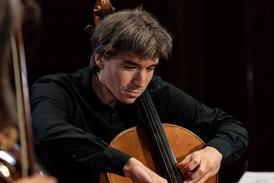The great composer was born on this day in 1874

It was exactly 150 years go today, in Vienna’s Leopoldstadt, that one of the 20th century’s defining, and most controversial, figures was born.
Arnold Schoenberg’s first instrument was the violin, which he took up at the age of eight, and he later taught himself to play the cello (initially using violin fingering). Several of Schoenberg’s landmark compositions are scored for strings, including the string sextet Verklärte Nacht and the trailblazing String Quartet No. 2, Op. 10, from 1908, which famously crossed the Rubicon into the realm of atonality (a term the composer always loathed because it is based on negation; he preferred the word ‘pantonality’).
In honour of Schoenberg, have a listen to Patricia Kopatchinskaja’s account of his Violin Concerto from 1936, which was featured earlier this week on the BBC Proms, with Finnish conductor Tarmo Peltokoski leading the BBC Symphony Orchestra.
Additionally, check out our Masterclass from the September 2011 issue of The Strad, where violinist Thomas Kemp guides readers through Verklärte Nacht; a work he describes as ’ highly imaginative and evocative, full of passion and drama, and is a challenge to interpret both from a technical and musical point of view.’
Read: Velvet Quartet wins 2024 Gianni Bergamo Classic Music Award Chamber Music Competition
Read: Berlin Philharmonic concertmaster announces resignation
The number one source for playing and teaching books, guides, CDs, calendars and back issues of the magazine.
In The Best of Technique you’ll discover the top playing tips of the world’s leading string players and teachers. It’s packed full of exercises for students, plus examples from the standard repertoire to show you how to integrate the technique into your playing.
The Strad’s Masterclass series brings together the finest string players with some of the greatest string works ever written. Always one of our most popular sections, Masterclass has been an invaluable aid to aspiring soloists, chamber musicians and string teachers since the 1990s.
The Canada Council of the Arts’ Musical Instrument Bank is 40 years old in 2025. This year’s calendar celebrates some its treasures, including four instruments by Antonio Stradivari and priceless works by Montagnana, Gagliano, Pressenda and David Tecchler.






































No comments yet